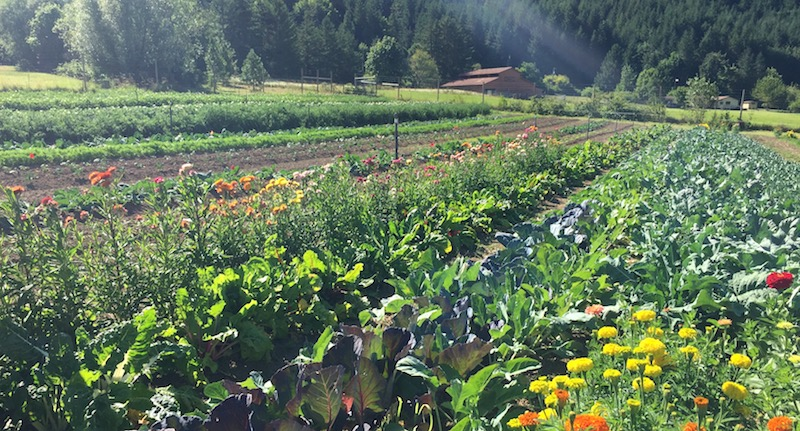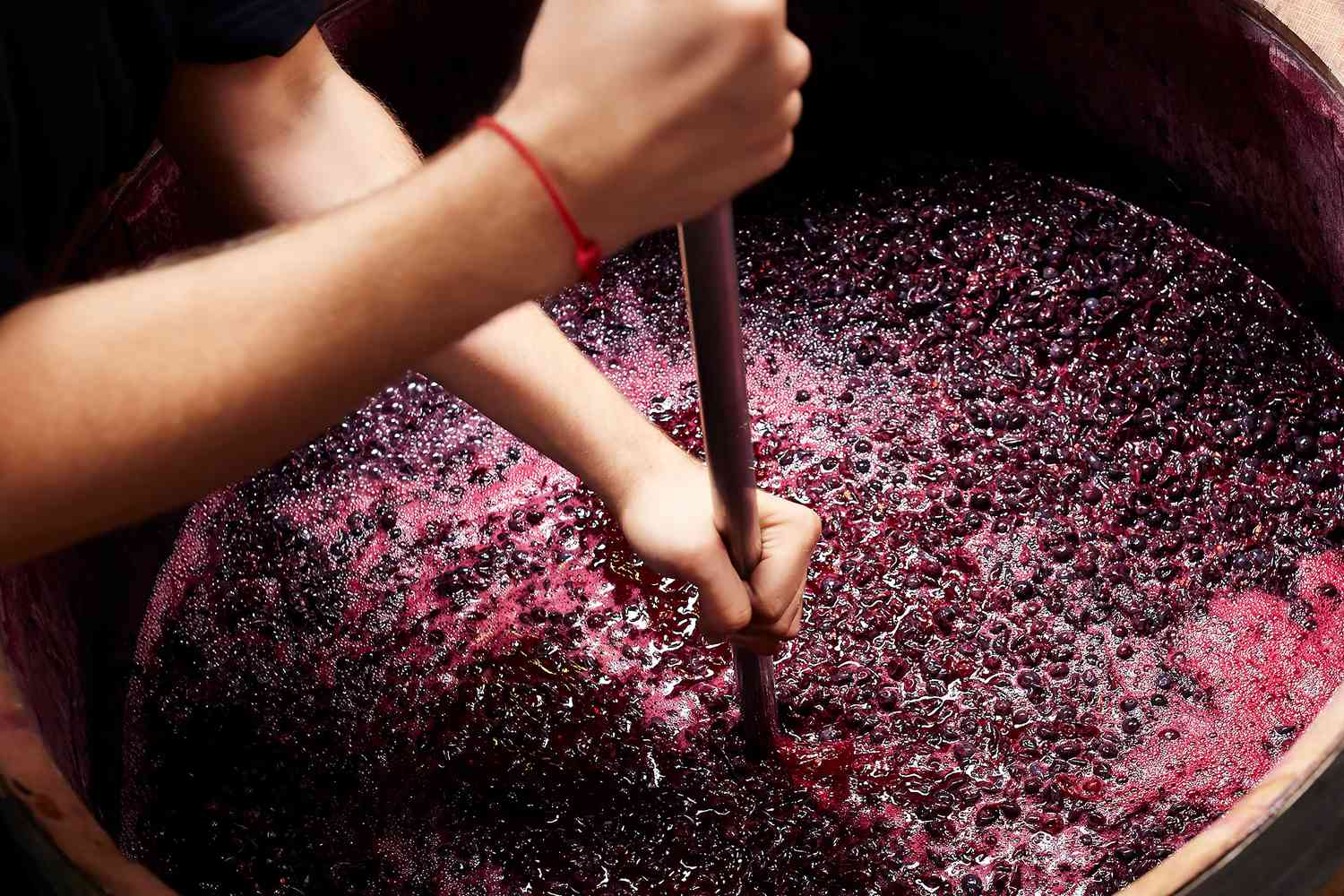In recent years, the wine world has seen a growing interest in sustainability and environmental responsibility. Among the most discussed topics are organic, biodynamic, and natural wines. But what do these terms really mean? And how do they influence the wine in your glass? Let’s explore these categories to help you understand what sets them apart and why they matter.
Organic Wines: A Commitment to Purity
Organic wine is perhaps the most familiar term. At its core, organic wine is produced using grapes grown without synthetic pesticides, herbicides, or fertilizers. Instead, organic vineyards rely on natural methods to manage pests and nurture the vines, like using compost, cover crops, and beneficial insects.
But the commitment to organic doesn’t stop in the vineyard. In the cellar, organic winemaking often means minimizing additives. For example, the use of sulfites, which are commonly added to preserve wine, is strictly regulated. Organic winemakers either limit their use or avoid them altogether, striving to produce wines that reflect the purity of the grape and the terroir.

Biodynamic Wines: A Holistic Approach
Biodynamic wine takes the concept of organic farming a step further. Rooted in the philosophies of Rudolf Steiner, biodynamic agriculture views the vineyard as a living ecosystem. Everything in the vineyard, from the soil to the celestial bodies, is interconnected. Biodynamic farmers follow a calendar based on the lunar cycle and use specific preparations, like compost teas and herbal sprays, to enhance the health of their vines.
The aim of biodynamic farming is to create a balanced and self-sustaining vineyard. This approach often results in wines that express a unique sense of place, or terroir, as the practices encourage the vines to connect deeply with the soil and environment. While biodynamic wines must be organic, they also go beyond, incorporating spiritual and ecological principles that are believed to influence the quality of the wine.

Natural Wines: The Least Intervention Possible
Natural wine is often the most contentious of the three categories, partly because there’s no official definition. At its heart, natural wine is made with minimal intervention, both in the vineyard and in the cellar. The grapes are usually farmed organically or biodynamically, but what truly sets natural wine apart is the winemaking process.
Natural winemakers aim to let the grapes speak for themselves, which means no added yeasts, no or minimal sulfites, and no filtering or fining. The result is wine that is as close as possible to the grape's original state. These wines can be unpredictable, with flavors and aromas that challenge traditional wine expectations, but they also offer an authentic expression of the grape and the land from which it came.

Why It Matters
Choosing between organic, biodynamic, and natural wines is not just about preference—it’s about values. For some, supporting these practices is a way to promote environmental sustainability. For others, it’s about seeking a deeper connection to the wine they drink, favoring wines that are made with integrity and respect for nature.
Each of these categories offers something unique, whether it’s the purity of organic wine, the holistic approach of biodynamic wine, or the unfiltered authenticity of natural wine. As a wine lover, understanding these terms can enhance your appreciation and help you make more informed choices, whether you’re shopping for a special occasion or simply exploring new flavors.
So next time you're selecting a bottle, consider the story behind it. The journey from grape to glass is rich with tradition, innovation, and a dedication to preserving the land for future generations. The choice you make goes beyond taste—it reflects a commitment to a particular philosophy of winemaking that resonates with your values.
In the end, whether you gravitate toward organic, biodynamic, or natural wines, the key is to enjoy the experience and appreciate the craftsmanship that goes into every bottle. Cheers to discovering the diverse world of sustainable winemaking!
Curious to experience the unique flavors of biodynamic and natural wines? The Pian dell'Orino "Vigneti del Versante" Brunello di Montalcino DOCG offers a true expression of biodynamic principles, with a wine that reflects the purity and vibrancy of its vineyard's ecosystem. Meanwhile, the Le Grand Noir IGT Chardonnay 2023 is a shining example of natural winemaking, delivering an authentic and unadulterated taste that celebrates the essence of the grape. Explore these wines to truly appreciate the philosophies discussed in the world of organic, biodynamic, and natural winemaking.








